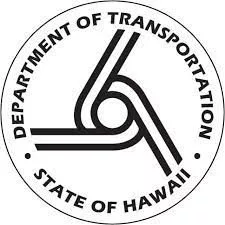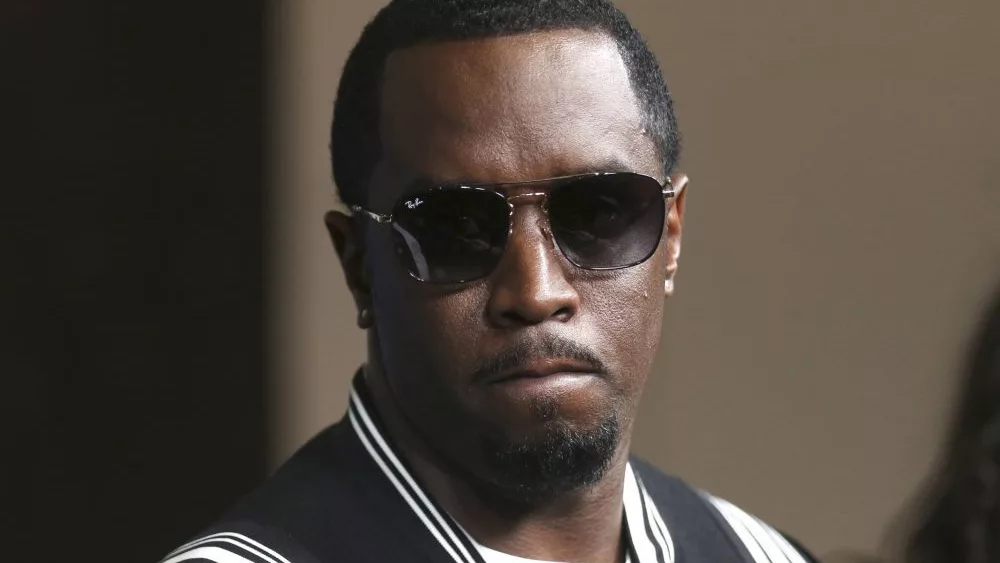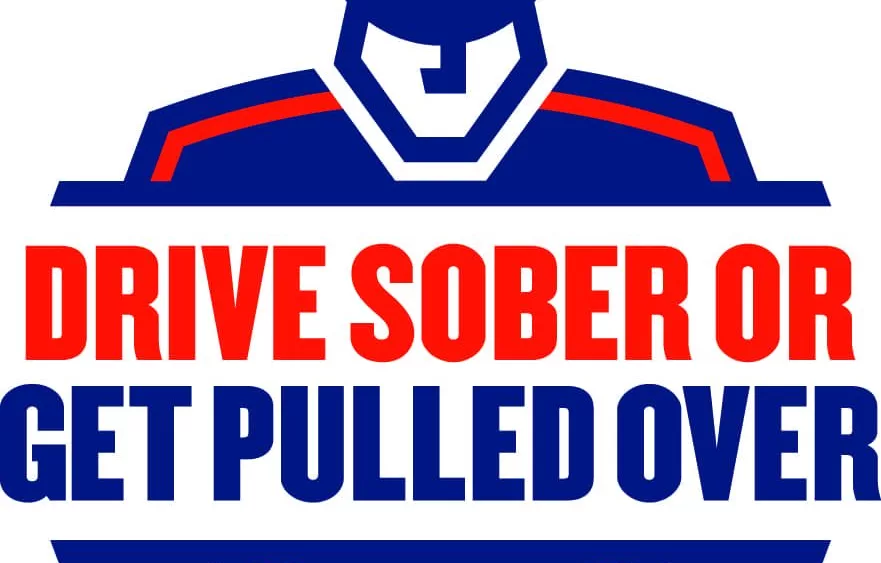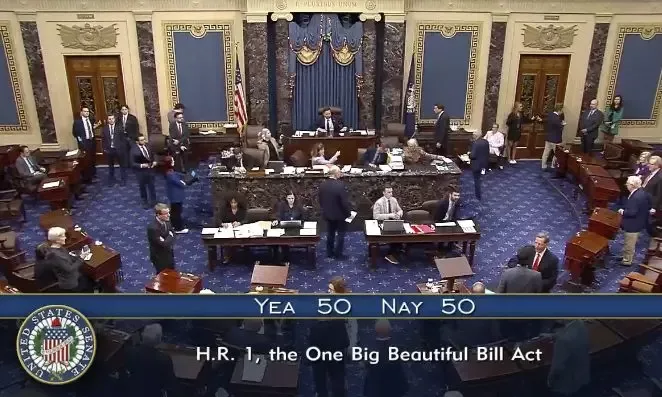The United States has nearly 973,000 cases of COVID-19 and more than 55,000 deaths as of April 27, according to the Johns Hopkins COVID-19 Dashboard.
Dr. Tom Inglesby, Director of the Center for Health Security of the Johns Hopkins Bloomberg School of Public Health, talking with Chris Wallace on Fox News Sunday, said he believes we are “near the end of the beginning of the pandemic,” as the country has reached a plateau in new cases and deaths. But he said each day is still seeing around 30,000 new cases of COVID-19 each day and around 2,000 deaths….so a plateau, but “we are not out of the woods.”
Nationwide, more than a dozen states are beginning to reopen some businesses. That includes Alaska, Colorado, Montana, Minnesota, Iowa, Texas, Oklahoma, Arkansas, Mississippi, Tennessee, Kentucky, Indiana, Georgia, South Carolina, and Vermont. The White House has announced it will be issuing additional guidelines on how and when to reopen businesses.
All medical experts and most government officials have said a key to being able to understand when and how to reopening the economy depends on having more testing, among other things such as continued physical distancing and being able to isolate and quarantine victims. In addition, contact tracing of those infected is critical.
Dr. Debra Birx, the White House coordinator for the COVID-19 Task Force, said on NBC’s “Meet the Press” on Sunday that additional testing is one key to the U.S. being able to reopen the economy. She said “We have to realize that we have to have a breakthrough innovation in testing. We have to be able to detect antigen, rather than constantly trying to detect the actual live virus, or the viral particles itself.”
Both Birx and Dr. Anthony Fauci said there are between 1.5 and 2 million tests for those who may have COVID-19 being conducted per week, and that number should start doubling with the additional testing capacity being rolled out.
Dr. Sanjay Gupta, CNN’s Chief Medical Correspondent, explained the different kinds of tests Monday morning:
PCR tests, the virus tests, the tests being done now to determine if somebody has COVID-19: it looks for a strand of the genetic material of the virus, which must be amplified using specific techniques and materials (which have been in short supply)
Serology test: looks for antibodies, which tells whether somebody had the infection
Antigen test: looking for a protein that sits on top of the virus, to tell if somebody had the virus. Dr. Gupta likened antigen tests to a strep test or rapid flu test, that can be done fairly easily. But some of these tests can have false negatives, which must be fixed before the tests can be more readily available.
Photo is Dr. Debra Birx




